
Some franchises just aren’t built to last. It’s a sad fact of life. Sometimes, the things we love just cannot grow and blossom. Not every franchise can be like the Marvel Cinematic Universe. In fact, every effort to mirror the success of the MCU has either failed or come up short. For some, it just doesn’t have resources to grow to that extent. In some cases, trying to force a franchise into something it’s not will only hurt it even more.
The latest franchise to learn this the hard way is the “Terminator.” Believe me when I say I take no joy in saying that. I’ve always had a special place in my heart for all things “Terminator.” The original 1984 film was one of the first R-rated movies that my parents let me watch. I remember being scared, but thrilled at the same time. As a kid, that was a major step up from traditional Disney movies.

Then, I saw “Terminator 2: Judgment Day” and the highest of bars was set. Like the first movie, it thrilled and amazed me to no end. At the same time, it struck many emotional chords, especially at the end. I still get choked up to this day when I hear the T-800 tell John, “I know now why you cry, but it is something I can never do.” There’s a good reason why many rank this among the greatest movies of all time.
A big part of what made that movie great was how it completed the story. What began with Sarah Connor’s journey in the first film ended beautifully in the second. It was as complete a story as it could’ve been. To make a sequel after that would’ve been like trying to improve on the Mona Lisa. While the prospect of sequels still interested me, I never got the sense that they could improve on what the first two movies did.

That didn’t stop Hollywood from trying multiple times. While some of those movies had their moments, they never came close to improving on the first two. If anything, each sequel did more and more damage to the franchise. It showed in both the critical reception and the box office. Now, with “Terminator: Dark Fate” an outright flop, the state of this franchise is dire.
Some are already saying it’s dead. I don’t agree with that. It’s in critical condition. That’s for certain. However, I don’t think it’s doomed to the archives of cinematic history. I believe it’s worth taking a step back to understand why the franchise has faltered so badly. I also believe that there is a way to revive it for a new generation.
The reasons the franchise declined are many. Ask a dozen people who love the franchise as much as I do and chances are you’ll get several dozen answers from each of them. They usually boil down to reasons like this.
The ending of “Terminator 2: Judgment Day” was too perfect and final to improve upon.
The sequels muddied and messed up the timeline more than it already was.
The sequels focused too much on action and not enough on the horror of the first movie or the drama of the second.
The sequels didn’t utilize enough of the original cast, relying heavily on the star power of Arnold Schwarzenegger.
The sequels undermined or undercut the impact of the first two movies.
The sequels were too focused on setting up a trilogy rather than making one solid movie.
The threats in the sequels were too bland and predictable, relying too much on newer Terminators fighting older Terminators.
Personally, I think every one of these reasons has merit, but some have more than others. When I re-watch “Terminator 2: Judgment Day” and compare it to the sequels, I can clearly see the difference from a cinematic and storytelling standpoint. That movie was made to complete the story that James Cameron started telling with the first. Every other sequel was made to set up more sequels.

From there, every other issue compounded. The focus of the movies was less about having a genuine impact and more about teasing a future movie. That only works if the first movie is successful and that didn’t happen with any of the sequels after “Terminator 2: Judgment Day.” They attempted to set up a larger story, but nobody cared about that story anymore.
Then, “Terminator: Dark Fate” committed the ultimate sin, in my opinion, when it effectively rendered the first story pointless for the sake of a new one. For me, that ensured that this would be the first Terminator sequel I didn’t see in the theaters. I doubt I’ll even see it when it comes out on cable. What this movie did to John Connors and the over-arching narrative of the franchise just cannot be overlooked.
It’s so bad that I won’t even bother with a spoiler warning. “Terminator: Dark Fate” kills John within the first two minutes of the movie. In one cold, callous sequence, this character who fought so hard with his mother to save the future is rendered pointless. The only difference he made is that the name of the future robot overlords changed. Instead of Skynet, they got Legion. That’s it.
/cdn.vox-cdn.com/uploads/chorus_image/image/65606855/terminator_dark_fate_epk_tdfvfx_101_rgb.0.jpg)
Not Pictured: Anything remotely appealing.
It would be akin to having Thanos come back to life, murder the Avengers, and wipe out half the life in the universe all over again in the first movie after “Avengers: Endgame.” Everything and everyone they fought to save is rendered pointless. Then, that same movie tries to tell a story about a new savior who nobody has any attachment to and will always be defined by being John’s replacement.
There’s nothing about that story that has any appeal, either to a fan of the Terminator franchise or any franchise, for that matter. On top of that, “Terminator: Dark Fate” went heavy on mixing gender politics with the movie. That’s not just an indirect interpretation. The director, Tim Miller, flat out admitted it in interviews before the movie came out.
I don’t want to get too caught up in that aspect of the movie, but I do think it was a contributing factor to the movie’s shortcomings. We’ve seen it happen with other movies before. When a movie is too focused on enduring its female characters pass the Bechdel Test, it rarely puts enough effort into making them likable or endearing. It also obscures the overall plot by making it predictable.
/cdn.vox-cdn.com/uploads/chorus_image/image/64759164/tdf_378348348934904039.0.jpg)
There are many other flaws to highlight in “Terminator: Dark Fate,” as well as plenty more in the movies that came before it. Rather than belabor those, I want to focus on how this franchise rebuilds itself from here. The failures of the sequels have damaged it significantly. There’s no amount of time travel or retroactive changes that can save the story that “Terminator: Dark Fate” tried to set up.
That said, this franchise does have a few things going for it. It’s a known brand that people recognize. When most people hear the word “Terminator,” they usually understand it as a reference to the movies. Even if it’s not as strong a brand as it used to be, it still carries weight and sometimes, that’s all it needs.

The first step to rebuilding it involves ending the futile efforts to build, expand, or somehow improve on the story of Sarah and John Connor. Their story ended perfectly in “Terminator 2: Judgment Day.” Most Terminator fans agree with that and anything that would somehow undermine their legacy is only going to cause more damage.
The next step is to start a new timeline, but one that doesn’t focus on saving the future leader of the resistance or ensuring that Judgement Day occurs. That story has been done to death. For Terminator to succeed, it needs to show that it can do more. In fact, I believe “Terminator: Dark Fate” actually has one sub-plot that might be the key to the franchise’s renewal and survival.
In that movie, the Terminator that killed John, played by Arnold Schwarzenegger, secretly built a human life for itself after its mission was completed. It walked around as a human, met a woman with a son from a previous marriage, and formed a family. If the movie had any plot worthy of intrigue, it was this. Sadly, it was poorly developed and mostly rendered pointless by the end.
It’s a concept that might resonate more today than it could have in 1984. When the first Terminator movie came out, machines and robots weren’t that smart. They were defined by how inhuman, cold, and calculating they were. In recent years, that has changed. Movies like “Ex Machina” and “Wall-E” have built compelling stories about robots that have human traits, including emotions.

It’s something that the Terminator franchise has flirted with before. Part of what made the ending of “Terminator 2: Judgment Day” so dramatic and impactful was the emotional attachment that John developed for the T-800. Even the T-800 showed signs that he’d formed a bond. It made that final sacrifice feel so powerful.
Even “Terminator: Genysis” explored the idea. It had another T-800 form a fatherly bond with a young Sarah Connor, so much so that she called him Pops. While the movie didn’t flesh out the concept as much as it could’ve, there were moments that highlighted the extent of this bond. I strongly believed that if this movie had emphasized this concept over making John Connor evil, it would’ve succeeded.
Rather than hint or imply it, I believe a future Terminator movie should go all in on this idea of a killing machine developing emotional attachments to humans. It’s something that is more relevant today than it was in 1984 or 1991. We already interact more intimately with technology and we’ve even given our technology a personality. I say that’s a story that the Terminator can build upon.
Imagine the following scenario.
It’s the distant future. Machines have taken over. Humanity has been all but enslaved. There are only pockets of resistance. To combat this, the central machine intelligence, Skynet, creates Terminators with the sole purpose of killing the remaining humans.
However, humans prove crafty. They outwit and outsmart the early models. In order to become better killers, new Terminators are created that can mimic, study, and process emotions. Ideally, it could infiltrate human resistance camps, earn their trust, and terminate them appropriately. They would be the ultimate killers.
Unfortunately, there’s not enough data. Humans are too scattered, weak, and desperate. Skynet doesn’t have enough data to give these new Terminators the capabilities it needs. It calculates that it would take too long and require too many resources to compile the data in the present. As a result, it decides to send a model back in time before machines took over.
The model’s mission is simple. It must integrate into human society, compile data, preserve it, and transmit it back to Skynet by preserving it within disks. If it’s identity as a machine is uncovered by a human, its primary protocol is to terminate the human.
The first model is sent back. It arrives in a bustling city that would one day be reduced to ruin. It finds clothes, has an identity, and begins integration. However, just as it’s starting to establish itself, a human finds out it’s a machine. Its protocols are activated, but then something unexpected happens. It doesn’t terminate the human.
Instead of fear, the human develops intrigue. It connects with the Terminator. They start to form a bond. Eventually, the Terminator’s systems for mimicking emotions turn into real emotions. It develops a love for humanity and decides to defy Skynet. That decision ripples into the future and Skynet tries to send other Terminators back to destroy it.
As a Terminator fan, I would love to see a movie like this. It could work with a male or female Terminator. It could also work with a male or female protagonist. Like the T-800 in “Terminator: Dark Fate,” it could even become part of a family, giving it something to fight for and protect. Instead of fighting to protect a savior, the Terminator fights to change the fate of both itself and humanity.
This is just my idea, though. I’d love to hear with other Terminator fans think. I’d also love to hear how they would revitalize this franchise. I believe there is room for this franchise in the current cultural landscape. As machines and advanced artificial intelligence continue to progress, I suspect it’ll become even more relevant.
Like Sarah Connor once said, there is no fate, but what we make for ourselves. That applies to our future as a species. It also applies to this franchise.
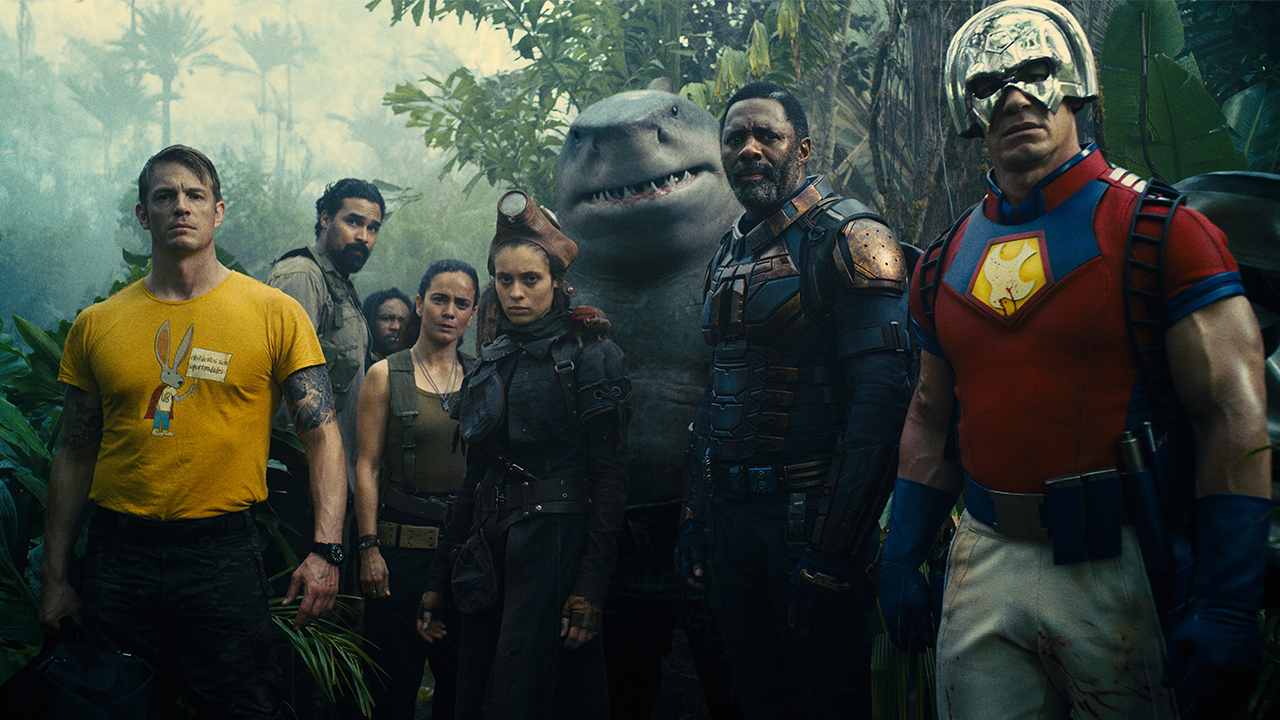

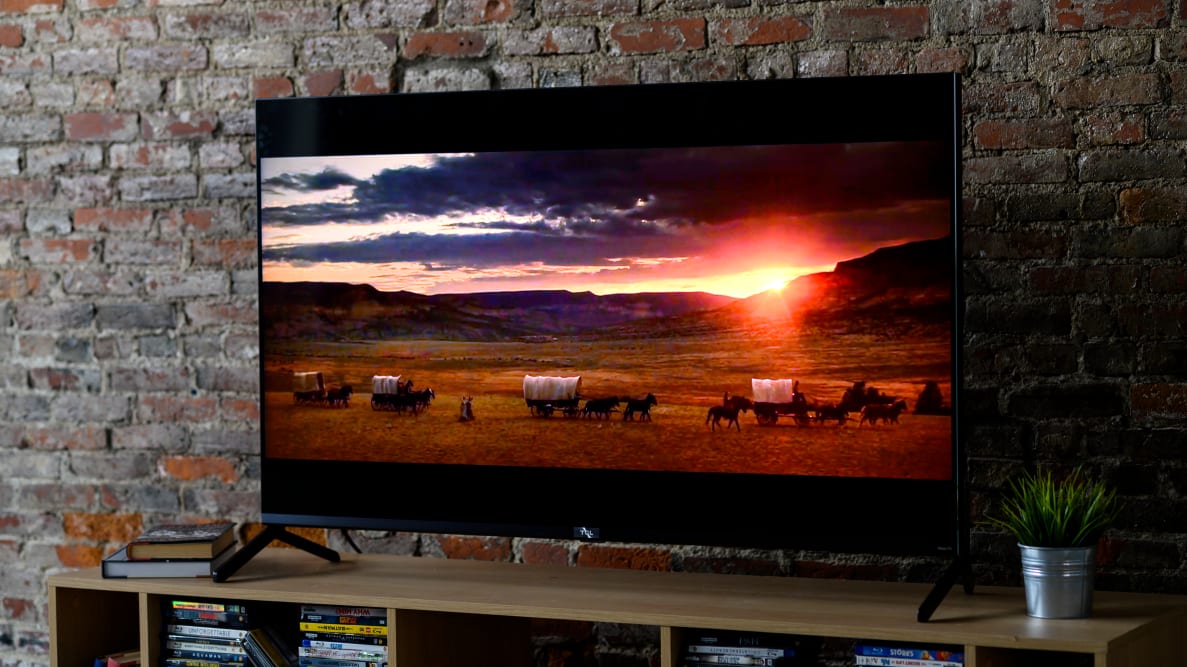
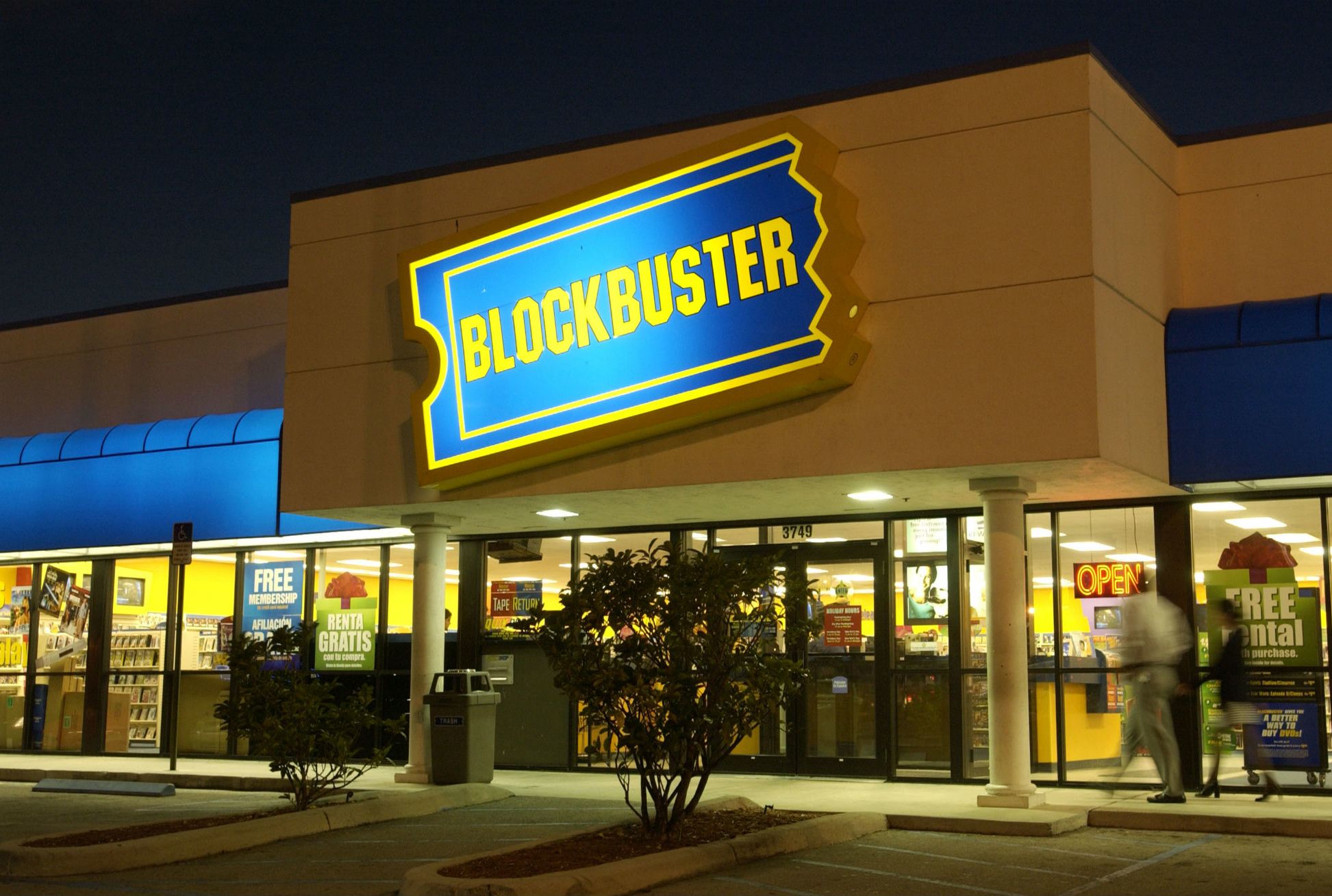


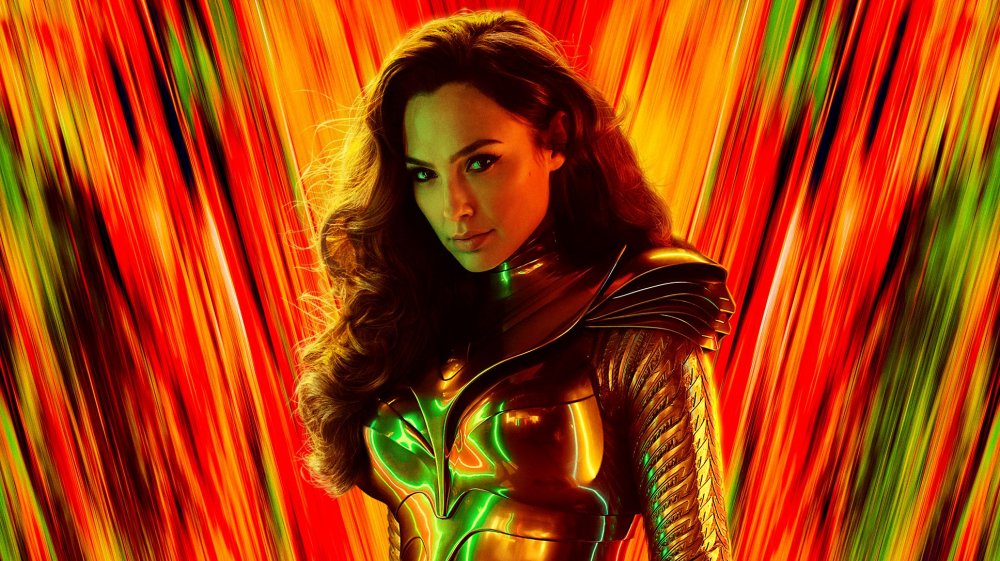
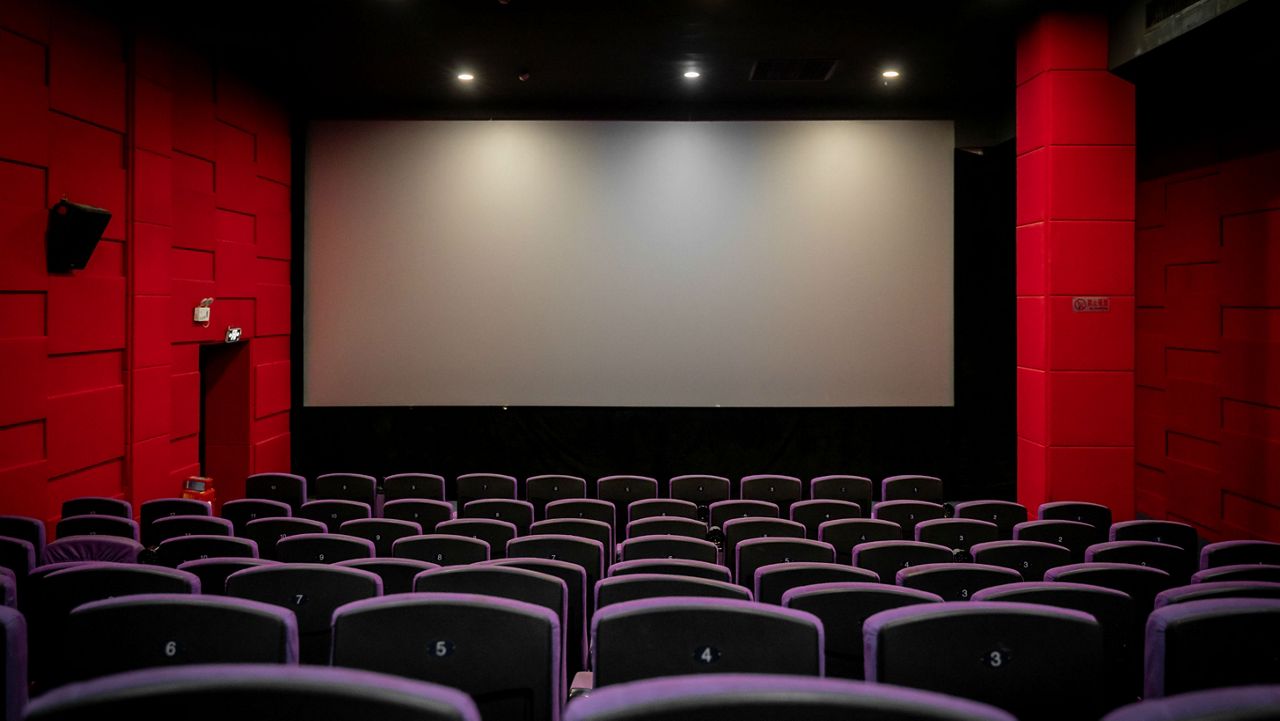





/cdn.vox-cdn.com/uploads/chorus_image/image/65606855/terminator_dark_fate_epk_tdfvfx_101_rgb.0.jpg)
/cdn.vox-cdn.com/uploads/chorus_image/image/64759164/tdf_378348348934904039.0.jpg)










